Directory
- Share
Nicholas Handler
- Alumni
- United States
- 2011 MPhil Historical Studies
- King's College
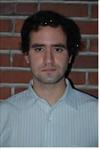
Nicholas Handler
- Alumni
- United States
- 2011 MPhil Historical Studies
- King's College
I graduated from Yale University in 2009 with a B.A. in History. I wrote my senior thesis about a small group of left-wing lawyers who defended anarchists in sedition trials during World War I, and spent a year after graduation working for Professor Beverly Gage on her upcoming biography of former FBI Director J. Edgar Hoover. I am interested in the history of political responses to Communism in the 20th century, and next year I will pursue an MPhil in Historical Studies, focusing on the difference between British and American attitudes towards domestic Communist movements.
Daniel Hanigan
- Alumni
- Australia
- 2019 PhD Classics
- Corpus Christi College
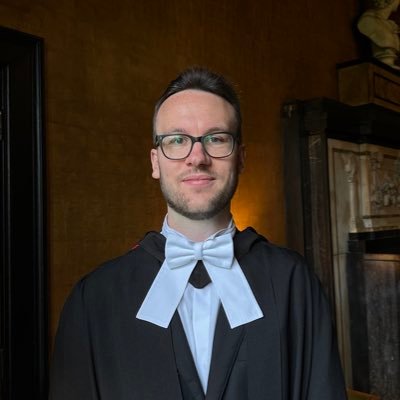
Daniel Hanigan
- Alumni
- Australia
- 2019 PhD Classics
- Corpus Christi College
Daniel is a Junior Research Fellow in Classics at Trinity College, Cambridge (2024-2028). He previously read for a PhD in Classics as a Gates Scholar at Corpus Christi College, Cambridge (2019-2023), following a BA and MPhil in Classics and Ancient History (2013-2018) at the University of Sydney (2013-2018). Daniel works on Greek literature, especially of the Hellenistic and imperial periods. His current research, building on his PhD, explores the way(s) in which the Greek authors of the Roman Empire challenged, complicated, and sometimes cooperated with the vision of “empire without end” that featured so prominently in the propaganda of the Augustan (and post-Augustan) empire. He is finishing a book about the seacoast in the imperial Greek geographical imagination and beginning projects on the dynamics of Greek polytheism at the dawn of Christianity, the new vision(s) of the cosmos generated by the Christian intellectuals of late antiquity, and the possibilities and problematics of ecological approaches to the literatures of ancient Greece and Rome.
Previous Education
University of Sydney Ancient History 2019
University of Sydney Ancient History 2017
Johanna Hanink
- Alumni
- United States
- 2006 MPhil Classics
- Queens' College

Johanna Hanink
- Alumni
- United States
- 2006 MPhil Classics
- Queens' College
After an MPhil and PhD in Classics at Queens' College, Cambridge, I joined the Department of Classics at Brown University.
Previous Education
University of California (Berkeley) MA Classics 2006
University of Michigan BA Classics Major/Linguistics Minor 2005
Sabine Hannema
- Alumni
- Netherlands
- 2001 PhD Clinical Medicine
- Gonville and Caius College

Sabine Hannema
- Alumni
- Netherlands
- 2001 PhD Clinical Medicine
- Gonville and Caius College
After obtaining a PhD degree at Cambridge University and finishing my paediatric training and fellowship endocrinology at Leiden University Medical Centre I now work as a paediatric endocrinologist at Leiden University Medical Centre and Erasmus MC Rotterdam. I specialise in disorders/differences of sex development, gender dysphoria, Turner syndrome and Klinefelter syndrome.
Gitte Hansen
- Alumni
- Denmark
- 2009 PhD Asian and Middle Eastern Studies
- Wolfson College
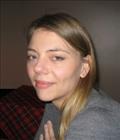
Gitte Hansen
- Alumni
- Denmark
- 2009 PhD Asian and Middle Eastern Studies
- Wolfson College
My research deals with femininity in Japanese culture and cultural expressions. I am especially interested in women as agents of violence - violence towards the self (eating disorders and self-harm) and violence towards others. I work on a wide range of cultural expressions including Murakami Haruki's literary works and Miyazaki Hayao's animations.
Duncan Hanson
- Alumni
- Canada
- 2007 PhD Astronomy
- Queens' College

Duncan Hanson
- Alumni
- Canada
- 2007 PhD Astronomy
- Queens' College
Angela Harper
- Alumni
- United States
- 2018 PhD Physics
- Churchill College
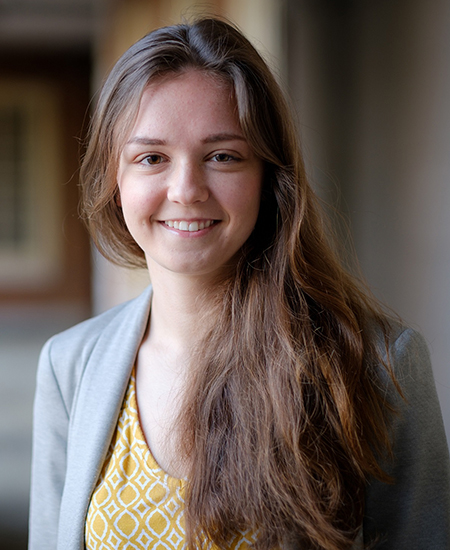
Angela Harper
- Alumni
- United States
- 2018 PhD Physics
- Churchill College
At Wake Forest University, where I completed my BS in Physics, the words "Pro Humanitate" or "For Humanity" are present on every school crest and throughout the campus. It was at Wake Forest that I developed my passion for using physics not only as a way to further an understanding of our universe, but also as a means of giving back to the community and our world as a whole. There, I not only worked to develop low cost organic transistors, but helped to create a Women in STEM program at the University and at a local secondary school. At Cambridge, I will continue my work in physics, discovering and modelling materials for energy storage devices in an attempt to create higher capacity, longer lasting batteries. By searching for novel materials from first principles, I hope to reduce experimental resources by computing the most favorable materials and thus limiting the number of experiments necessary. This work will address the urgent need for higher capacity energy storage to fully utilize sources of carbon-free energy such as wind and solar power, and reduce our global reliance on fossil fuels.
Previous Education
Wake Forest University
University of Cambridge
David Harris
- Alumni
- United States
- 2011 MPhil Advanced Chemical Engineering
- King's College

David Harris
- Alumni
- United States
- 2011 MPhil Advanced Chemical Engineering
- King's College
At Auburn University I was an active member of the American Institute of Chemical Engineers (AIChE), Cupola Engineering Ambassadors, and the University Honors College. I have conducted undergraduate research with biomaterials and in vitro cell culture to help design safer and more effective drug eluting stents. I also participated in two summer programs, including the Summer Institute in Anatomy at Johns Hopkins University and the NSF REU in Cellular Engineering at Rice University. I was named a Barry M. Goldwater Scholar in April of 2010. My plans are to eventually pursue a combined M.D./graduate degree and have a career in translational medical research. I am particularly interested in biotechnology and the medical device industry. At Cambridge, I plan to study for an M Phil in Advanced Chemical Engineering to broaden my knowledge of these fields and obtain more experience in research and entrepreneurship.
Muhamad Hartono
- Alumni
- Indonesia
- 2019 MPhil Biotechnology
2020 PhD Chemical Engineering - Downing College
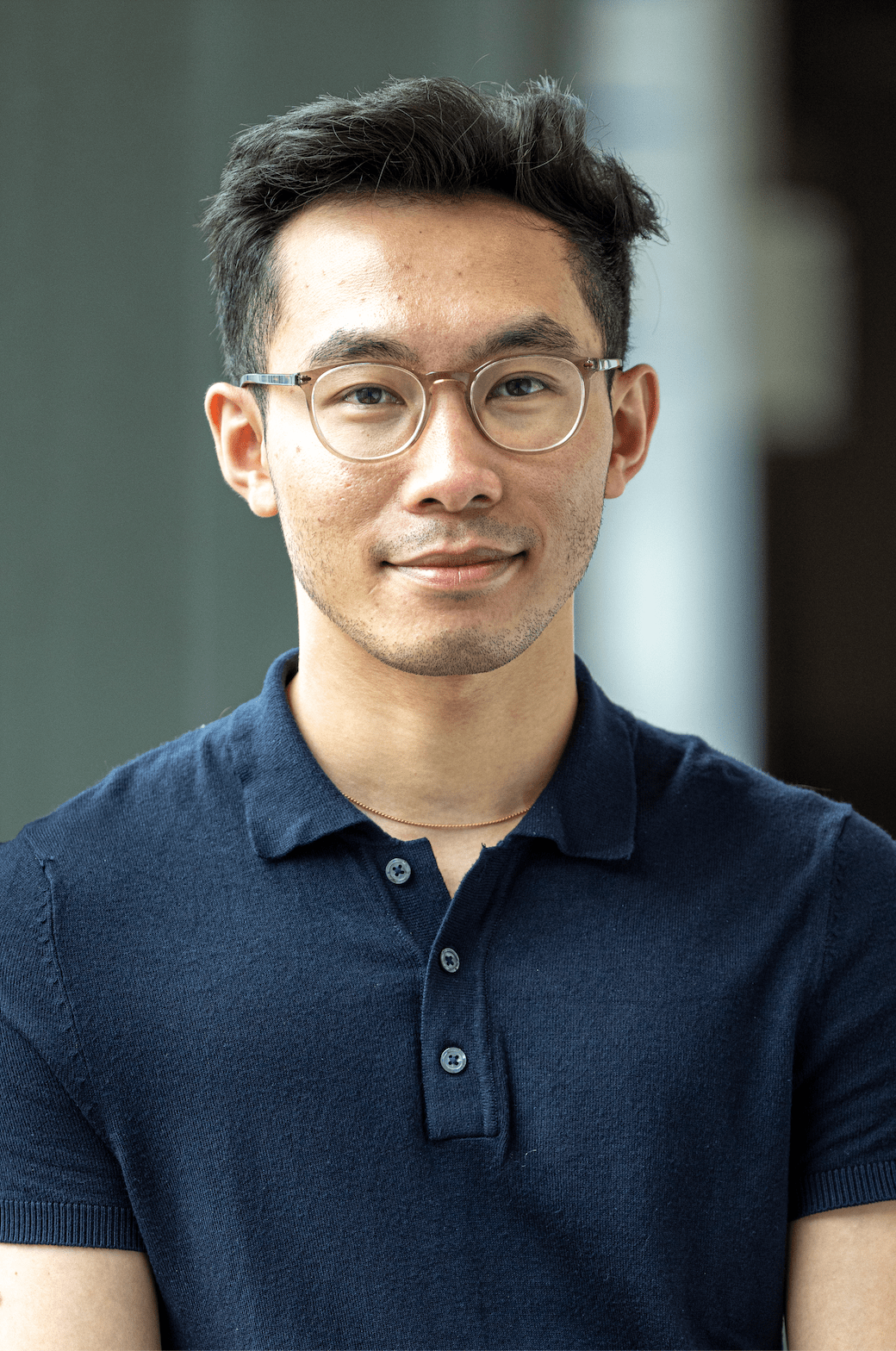
Muhamad Hartono
- Alumni
- Indonesia
- 2019 MPhil Biotechnology
2020 PhD Chemical Engineering - Downing College
My research focuses on developing a novel method to detect cellular senescence after cancer therapy. Senescence, a natural cellular response to damage including chemo- and radiotherapy, has been shown to promote tumour growth and cancer recurrence. Therefore, the ability to detect senescence in cancer after treatments can be helpful to improve the prognosis of cancer treatments. In particular, I am interested in exploring nanomaterials to build a stimuli-responsive detection method capable of reporting senescence burden.
David Haskell
- Alumni
- United States
- 2001 MLitt Architecture
- Queens' College

David Haskell
- Alumni
- United States
- 2001 MLitt Architecture
- Queens' College
Nathan Hawkins
- Alumni
- New Zealand
- 2016 MPhil Philosophy
2017 PhD Philosophy - Gonville and Caius College
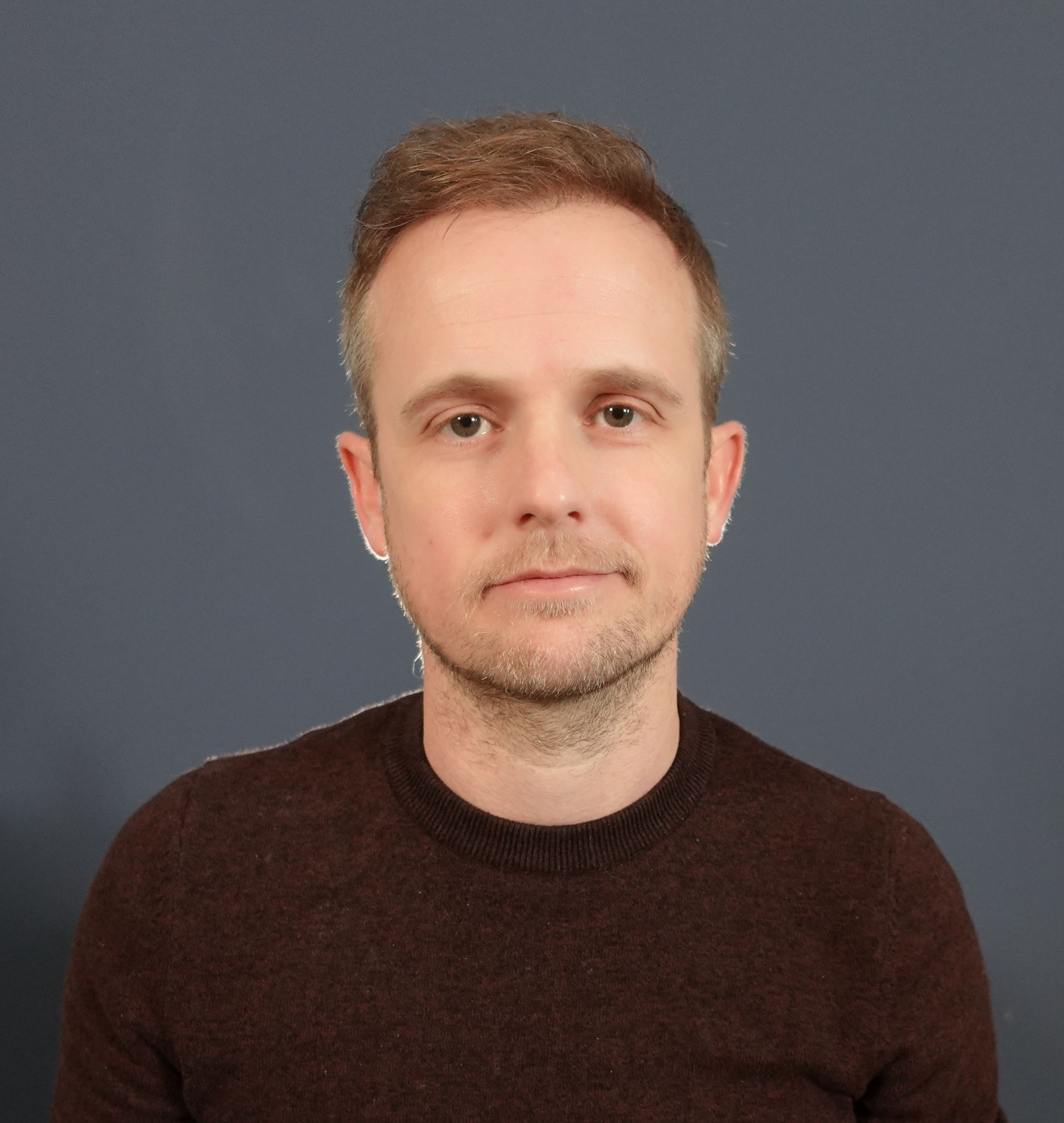
Nathan Hawkins
- Alumni
- New Zealand
- 2016 MPhil Philosophy
2017 PhD Philosophy - Gonville and Caius College
‘What is truth?’ Pontius Pilate (John 18:38)
It’s an old question. But one that has taken on new importance in an age increasingly labelled ‘post-truth’. One core part of the question is what determines truth. Some claim that truth is a subjective notion, perhaps determined by an individual's perspective. Others think truth is objective, determined by the configuration of the world. Each approach raises more questions. How does an individual's perspective/the world determine what is true? Are there really two notions here that have become confused, or is only one plausible? It also seems difficult to see how either approach explains mathematical truths such as 2+2=4.
My PhD thesis studies the concept of truth. In particular, the way the notion was understood by German mathematician-cum-philosopher Gottlob Frege. Frege holds a unique perspective on truth. He claims that truth is indefinable. And yet he also holds that it is a substantial notion that grounds all factual claims. This gives him a unique perspective on the role of logic. While science studies truths, logic studies truth itself. For logic describes the laws of truth, which are the laws by which we reason. So logic, for Frege, is the fundamental science.
This suggests a middle road. Perhaps truth resides (first and foremost) in the inter-subjective experience of correct thinking. In the law-like principles of valid reasoning. 2+2=4 is true, not because the world is arranged a certain way, nor because we have collectively or individually decided to treat this claim as true, but because we cannot reason that it is false. It is true because it is an absolute inter-subjective fact. Truth is a notion grounded in the interaction between thinking subject(s) and thought about object(s).
(While in New Zealand, I studied a BA with a double major in Philosophy and Mathematics, as well as an MA Philosophy. Since arriving in Cambridge I have completed an MPhil in Philosophy (also as a Gates scholar) and am now engaged in a PhD.)
Previous Education
Massey University
University of Cambridge
Deborah Hayden
- Alumni
- United States
- 2005 PhD Anglo Saxon
- Hughes Hall
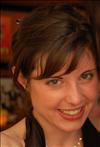
Deborah Hayden
- Alumni
- United States
- 2005 PhD Anglo Saxon
- Hughes Hall
My PhD dissertation explored the evolution of linguistic pedagogy and thought in medieval Ireland. Following a year of lecturing and postdoctoral research in Cambridge, I am spending the summer working as a visiting researcher at the Dublin Institute for Advanced Studies, School of Celtic Studies, funded by the American Association of University Women and the British Academy. In October 2011 I will begin a Junior Research Fellowship in Celtic at Christ Church, Oxford.
Erin Hayes
- Scholar
- United States
- 2022 PhD Astronomy
- Lucy Cavendish College
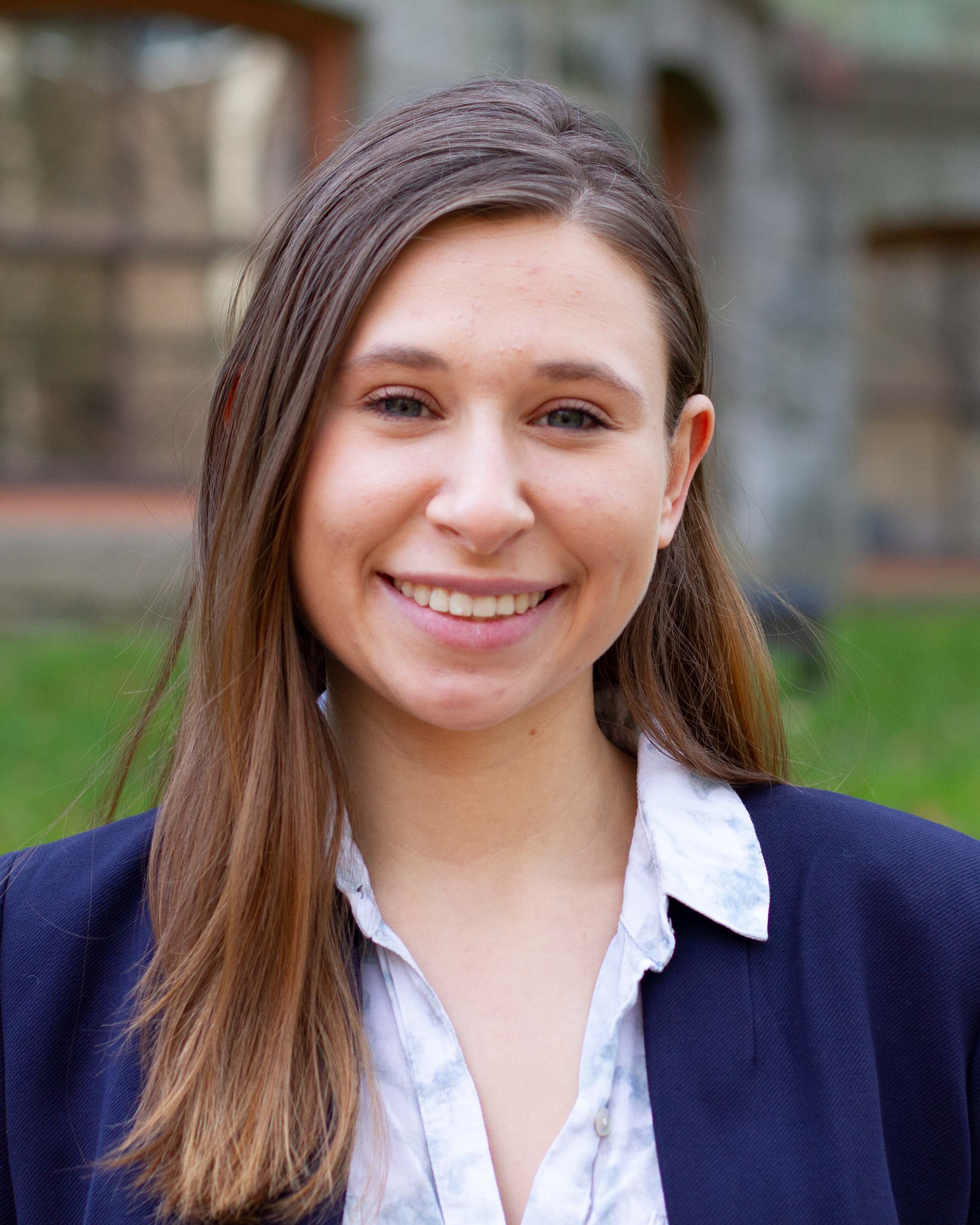
Erin Hayes
- Scholar
- United States
- 2022 PhD Astronomy
- Lucy Cavendish College
During my first semester as a student at the University of Pennsylvania, I developed an insatiable curiosity for astrophysics in my introductory physics class. Soon after, I became involved in research on dark matter and the transient universe, including black holes, microlensing, and supernovae. My curiosity, combined with research experience, grew into a B.A. and M.Sc. in physics from the University of Pennsylvania and a desire to pursue a PhD in astronomy. Additionally, it spurred in me a passion for encouraging more young women to pursue a STEM education, which I have enjoyed doing as a mentor and tutor. At the University of Cambridge’s Institute of Astronomy, I will study supernovae in the near infrared as a probe of the accelerated expansion of the universe. In addition, I will continue my efforts to increase the involvement of women and underrepresented groups in physics through mentorship and advocacy. I look forward to being part of the Gates-Cambridge community to learn from and engage with scholars who are actively working to improve the lives of others in every field.
Previous Education
University of Pennsylvania Physics 2022
Michael Hayoun
- Alumni
- United States
- 2008 MPhil Bioscience Enterprise
- Gonville and Caius College
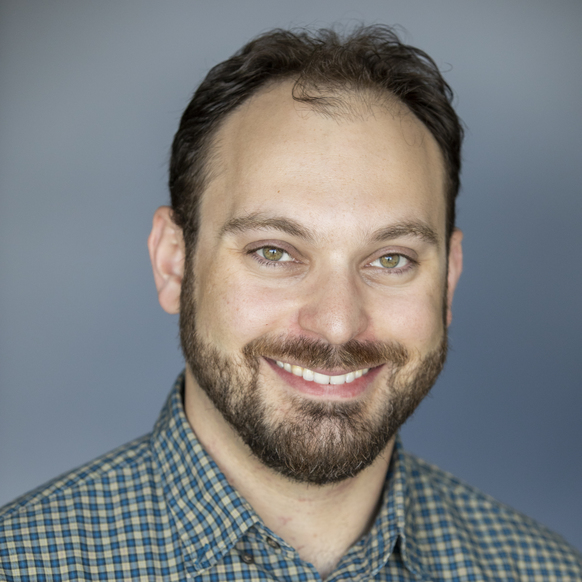
Michael Hayoun
- Alumni
- United States
- 2008 MPhil Bioscience Enterprise
- Gonville and Caius College
I'm a fellowship-trained attending physician practicing emergency, medical toxicology, and addiction medicine in the suburbs of Nashville, TN.
Previous Education
Rutgers University Certificate in Behavioral Pharmacology 2008
Rutgers University Cell Biology & Neuroscience, Psychology, BA Honors 2008
Links
Simone Haysom
- Alumni
- South Africa
- 2009 MPhil Environment, Society and Development
- Corpus Christi College
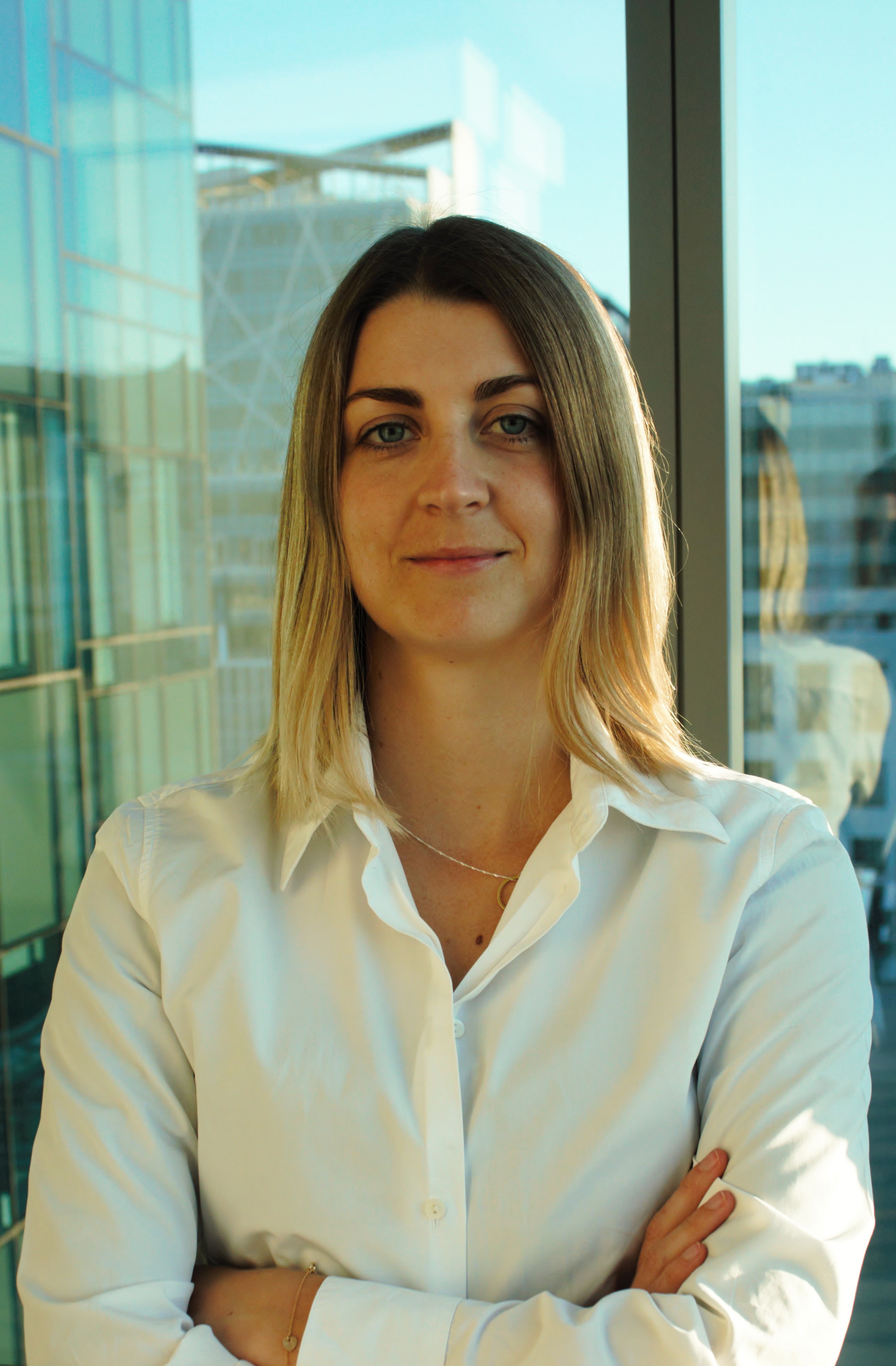
Simone Haysom
- Alumni
- South Africa
- 2009 MPhil Environment, Society and Development
- Corpus Christi College
Simone Haysom has expertise in policing and organised crime, urban change, displacement, and humanitarianism in conflict settings. Previously a Research Associate with the Overseas Development Institute in London, she is now a Senior Research Analyst at the Global Initiative against Transnational Organised Crime. Recent major work projects include documenting and analysing the heroin trade along Africa's east coast, and researching the livelihoods of Syrian refugees in Amman. Her first non-fiction book, about the recent rise of vigilantism in Cape Town and the Commission of Inquiry into policing in Khayelitsha township, is scheduled for publication by Jonathan Ball in September 2018. She will be a Visiting Academic at the African Studies Centre at the University of Oxford until September 2018.
Wesley Hazen
- Alumni
- United States
- 2013 MPhil Criminology
- Selwyn College
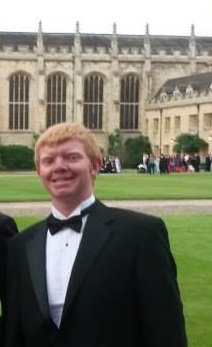
Wesley Hazen
- Alumni
- United States
- 2013 MPhil Criminology
- Selwyn College
Gates Alum, Selwyn (2013), Ents Officer Selwyn MCR (2013-2014), Dreamer by choice
Jin He
- Alumni
- China
- 2005 PhD Education
- St John's College
Jin He
- Alumni
- China
- 2005 PhD Education
- St John's College
My field of research is Second Language Education, which I have pursued for over 10 years. However, I am also extremely interested in early education, educational policy-making and management. My career goal is to become a professional educator and help improve education in my home country. I am very glad to be able to conduct further research at Cambridge and I would particularly like to extend my thanks to the Gates Trust for generously sponsoring my study at Cambridge.
Ximin He
- Alumni
- China
- 2006 PhD Chemistry
- Lucy Cavendish College

Ximin He
- Alumni
- China
- 2006 PhD Chemistry
- Lucy Cavendish College
Dr. He is an assistant professor at UCLA. Her research focuses on biologically inspired materials based on stimuli-responsive polymers and micro/nano-structure fabrication, for applications in biomedicine, environment, and energy. Postdoctoral Fellow, Harvard University (2011-2014); Ph.D. in Chemistry, University of Cambridge (2011).








